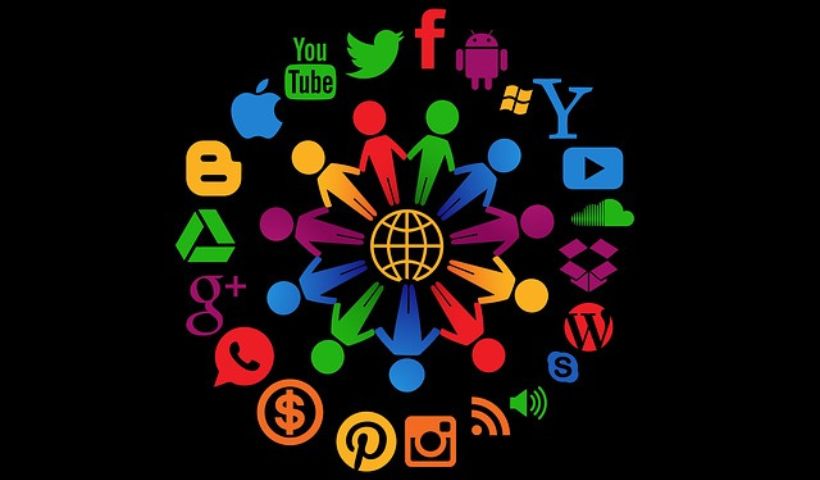Social networks in the company is key tool to interact with the consumer. Its explosion, about a decade ago, allowed two-way communication between brands and users in real-time which was previously not possible. Since then they have been used to generate “noise” about new products and services, promotions, sweepstakes and also to receive instant feedback from customers.
The potential of social networks is well exploited in the external marketing strategies of companies, but if we talk about internal social networks the picture is different, and organizations rarely take advantage of their potential to improve the participation of their employees.
Thanks to these networks, companies can create online communities in which, without a doubt, one of their main audiences will be present: their employees.
Improving all collaborative processes, sharing relevant information and knowledge for better performance, increasing efficiency and work performance… There are many reasons why companies should implement social networks for the use of their workers.
Especially if we think that, in reality, employees are already using them during their working day.
There are many who connect to Facebook, Twitter, or Linkedin, to name the most common, at work.
According to some studies, the use that employees make of these networks when they connect at work is both personal and professional. Within the latter, the main uses are to expand their contact networks, obtain information to solve work-related problems, improve relationships with colleagues or obtain information about people in the work environment.
So, if workers or employees already manage and use social networks on a daily basis at work.
Why Not Use Them For The Benefit Of The Organization?
The social networks themselves are aware of this potential. The most representative case is that of Facebook, which for some time has devoted part of its efforts to developing and launching a tool adapted to the work environment of its successful social network, known as Facebook at Work, which is already used by companies such as Heineken, Hootsuite or Kensho, and by institutions such as the Royal Bank of Scotland or the Argentine administration.
To conclude, we are going to highlight some of the main advantages that organizations that have integrated social networks into their structure benefit from:
Promotes the inclusion of workers:
Today much emphasis is placed on the inclusion and participation of workers within companies. Thanks to social networks, they are encouraged to share their points of view more freely, and, in general, the engagement between the staff and the organization improves.
More privacy:
The company or business can configure permissions that prevent all the files that are shared on the social network established for work from leaving it, controlling and making the exchange of files between workers more secure.
Improve communication at all levels:
The informal style of social networks favors ascending communication flows, from the base to the top of the organization, and also in the opposite direction. Before a product launch, for example, an employee can report any incident detected in a local market to the product development manager in real-time regardless of the location of one or the other, which favors the rapid reaction of companies with large structures.
Increase performance and competitiveness: The organization can boost participation and “sting” its employees to improve their performance through raffles, contests, and benefits that reach maximum diffusion on these internal social networks.
As you can see, there are many many reasons why a company or business can take advantage of the great acceptance of social networks in our society.




